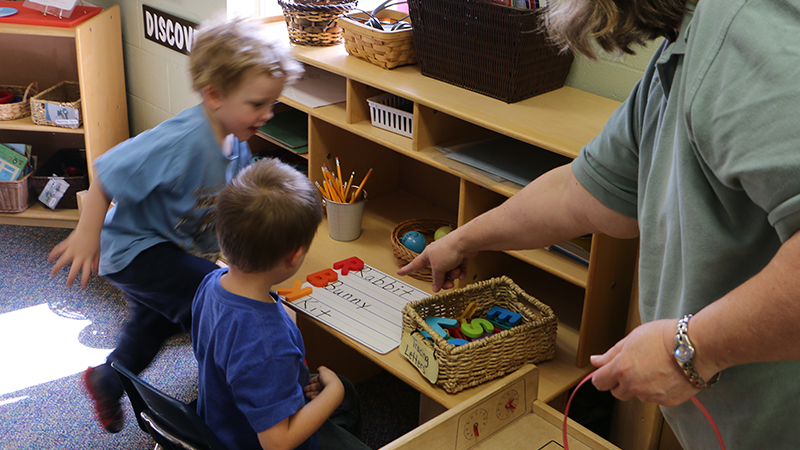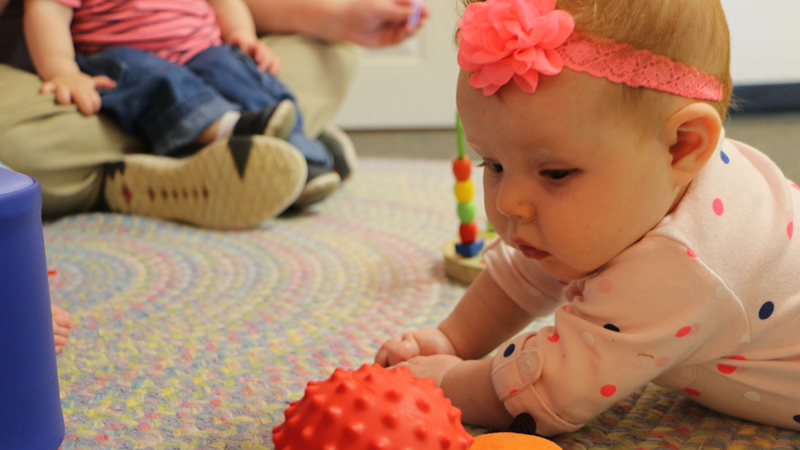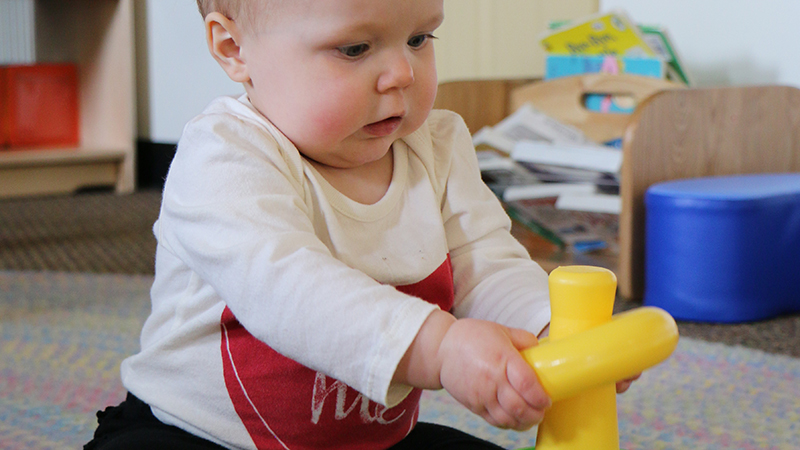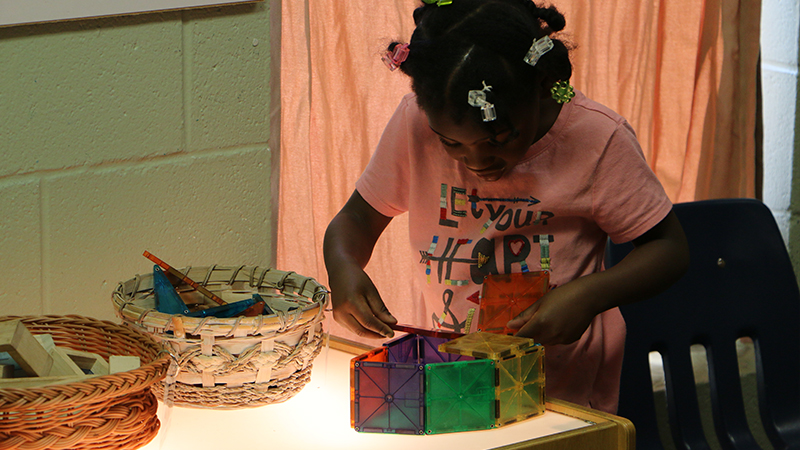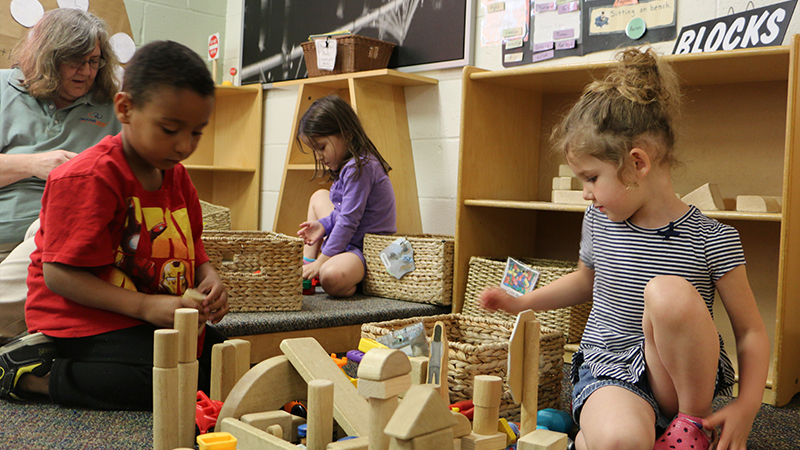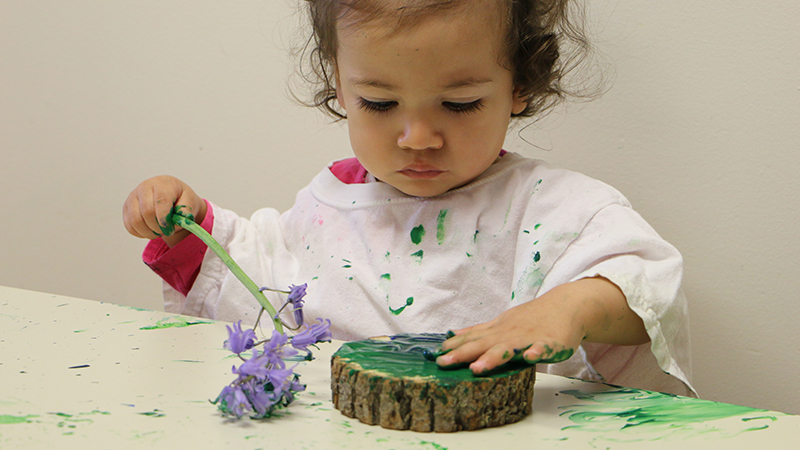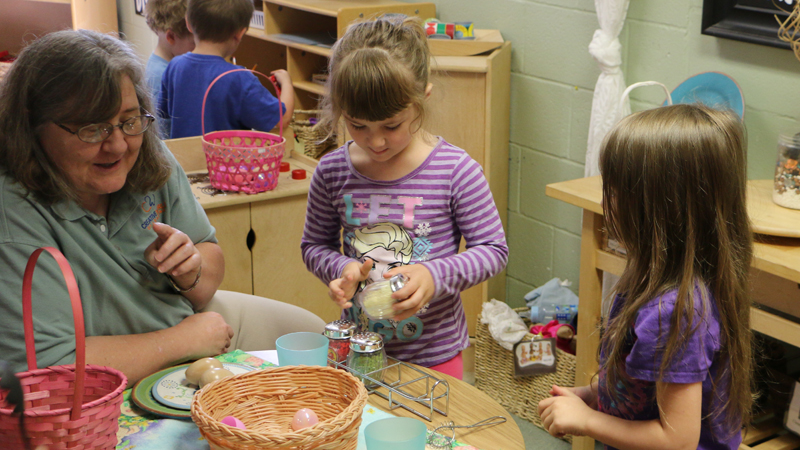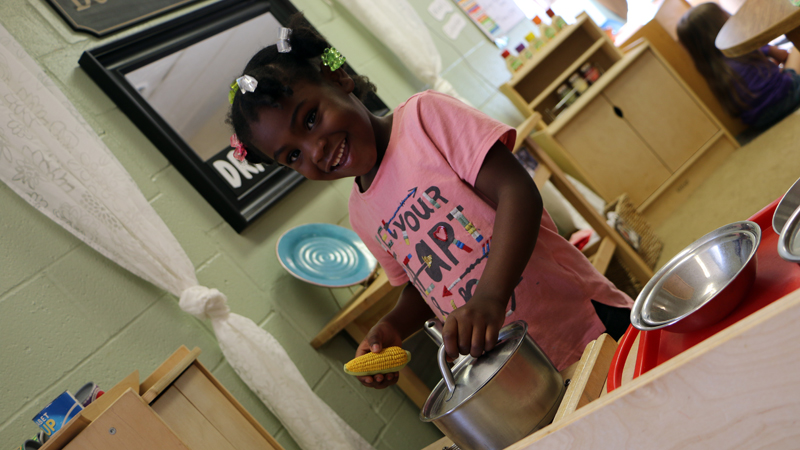As children embark on their educational journeys, the role of parents becomes increasingly significant. Creating an environment conducive to learning and actively engaging in their educational process can set the stage for success. This blog post offers actionable strategies for parents to support their child’s learning journey at home, ensuring that they thrive academically and socially.
Create a Learning-Friendly Environment
A dedicated space for learning can significantly enhance a child’s ability to focus and absorb information.
- Physical Setup: Choose a quiet, well-lit area free from distractions. Equip it with essential supplies like books, art materials, and educational games that align with your child’s interests.
- Practical Tip: Involve your child in designing their learning space. Let them choose decorations, colors, or themes that make them feel comfortable and excited to learn.
Establish a Routine
Children thrive on structure and consistency. Establishing a daily routine that incorporates dedicated time for learning activities can help them develop self-discipline and a sense of security.
- Daily Schedule: Create a balanced schedule that includes time for homework, reading, creative play, and relaxation. Be sure to allow flexibility to accommodate your child’s changing moods and interests.
- Practical Tip: Use visual schedules or charts that your child can follow. This can help them understand what to expect throughout the day, making transitions smoother.
Encourage Questions and Curiosity
Fostering an environment where children feel comfortable asking questions and exploring their interests is crucial for promoting a love for learning.
- Open Dialogue: Encourage your child to ask questions about everything—from the world around them to the stories they read. Acknowledge their inquiries and explore answers together, reinforcing the idea that learning is a shared journey.
- Practical Tip: Set aside time each week for a “question and answer” session, where your child can ask anything they’re curious about, and you can both research the answers together.
Engage in Educational Activities
Incorporating learning into everyday life makes education enjoyable and relevant.
- Everyday Learning: Use mundane activities to teach important concepts. For instance, cooking together can introduce basic math through measurements, while grocery shopping can enhance vocabulary and decision-making skills.
- Practical Tip: Create themed activity days (like Science Saturday or Art Wednesday) where you engage in specific educational activities related to those themes, fostering deeper understanding and enthusiasm for learning.
Read Together Daily
Reading is one of the most effective ways to support literacy development. Establishing a daily reading routine can significantly enhance your child’s language skills and comprehension.
- Shared Reading Experience: Choose a mix of books that reflect your child’s interests and introduce new topics. Take turns reading aloud, discussing characters, and predicting story outcomes to encourage engagement.
- Practical Tip: Use a “reading log” where your child can record books read and write brief summaries or personal reflections about each one. This promotes comprehension and critical thinking.
Celebrate Achievements and Efforts
Recognizing and celebrating your child’s achievements boosts their confidence and motivation.
- Positive Reinforcement: Create a system that rewards efforts, not just outcomes. Praise your child for their hard work, persistence, and creativity, reinforcing the idea that learning is a journey.
- Practical Tip: Create a “Wall of Fame” where you display your child’s achievements—artwork, projects, or even a list of books they’ve read. This visible recognition fosters a sense of pride and accomplishment.
- Foster Social Interaction
Social skills are a crucial part of a child’s development. Encouraging interactions with peers and adults can help them learn important social cues and emotional intelligence.
- Playdates and Group Activities: Arrange playdates, join community groups, or participate in extracurricular activities that encourage social interaction and teamwork.
- Practical Tip: Organize family game nights or collaborative projects that require teamwork, helping your child learn how to communicate effectively and navigate social dynamics.
Conclusion
Supporting your child’s learning journey at home involves creating a nurturing environment, establishing routines, and engaging in activities that foster curiosity and creativity. By implementing these strategies, parents can enhance their child’s educational experience and promote a lifelong love for learning. In doing so, they empower their children to explore, question, and grow in an ever-evolving world.
At Creative World of Learning, we believe in the power of outdoor play to support children’s growth and development. Our programs provide ample opportunities for children to engage in outdoor learning and play in a safe, stimulating environment. Contact us today to learn more about how our curriculum encourages outdoor exploration and physical activity.
Schedule a tour at our various locations:




















